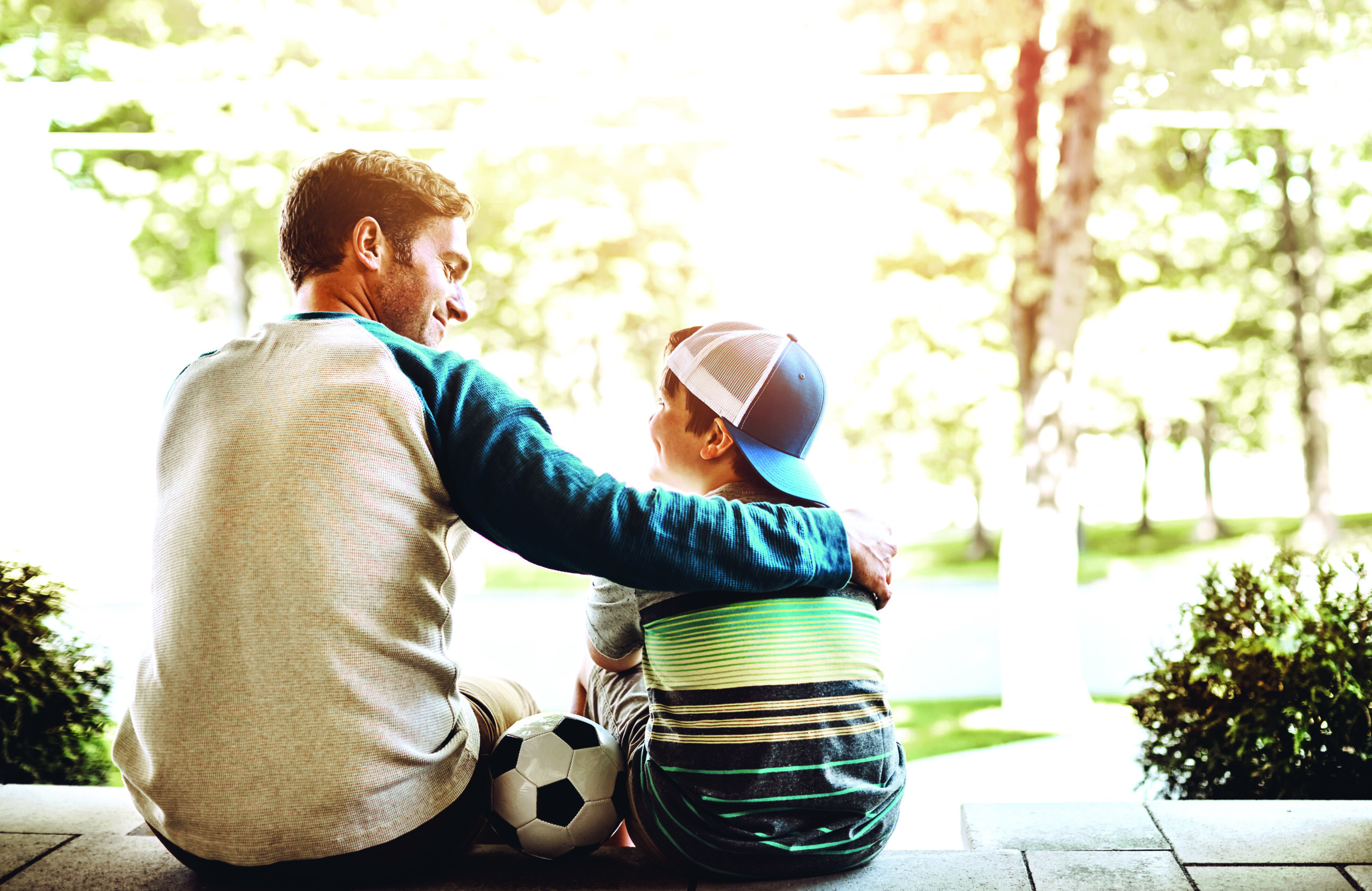by Mark Bello
How could any of us live without our smartphones, laptops and other devices that allow us to go online? Technology has been an essential part of our everyday lives for decades. It has become a means to connect with friends and family and has played a substantial role in nearly every aspect of society. However, the Covid-19 pandemic has presented a need to connect online more than ever before, especially for our children. The Internet became a way to continue their education, stay in touch with friends, socialize in online games or pass the time. The main problem is that unless specific privacy settings are activated, most networking sites allow anyone to view a users’ profile. When your kids start connecting to friends of friends, it is like dominoes— it keeps going and going. What begins as fun can pose many dangers that children don’t recognize.
Although most kids are confident that they know how to be safe online, they don’t always think about the consequences of their actions. They tend to share too much information about themselves, and cyberbullies and sexual predators are always eager to take advantage.
As a parent or guardian, the first step to keeping your children safe online is to be aware of the risks. Being familiar with Internet safety will not only help you understand the risks but will help you talk to your kids. Once you have a clear understanding and can make informed decisions, discuss best practices with your children of all ages.
Here are some tips you can use when talking to your kids:
- Talk to your children about their personal internet use to get a complete picture of how they spend their time online.
- Set standards for what your kids can and can’t do online.
It’s important to make rules for your kids, so they know what is expected of them.
- Set parental controls for younger children, as well as rules for online time. Designate a place for your child to use electronic devices, such as the family room.
- Teach your kids to keep personal information private. Inform them never to post personal information, such as phone numbers, addresses, school names, credit cards or inappropriate content and photos.
- Teach your kids only to make their profile viewable to friends, and ensure they understand the site’s settings to do that. Inform your child that anything they share with friends is still possible to get into the wrong hands. Explain that they should only post something online if they are comfortable with everyone in the world seeing it.
- Inform your children never to accept a friend request from someone they do not know. Not everyone is the person they portray themselves as online.
- Encourage your kids to have open communication with you and speak up if something uncomfortable happens to them online. Make sure they understand that anyone who asks them to engage in sexually explicit activity online should be reported.
Watch for any changes in behavior and personality, including angry outbursts, anxiety, depression and withdrawals from ordinary activities.
The dangers are out there, and it behooves all of us to do everything possible to keep our children safe. The bottom line is that NOTHING IS PRIVATE online, especially on social networking sites. You may not be able to stop your child from using these sites, but you will increase their chances of safety by educating them.








Leave A Comment